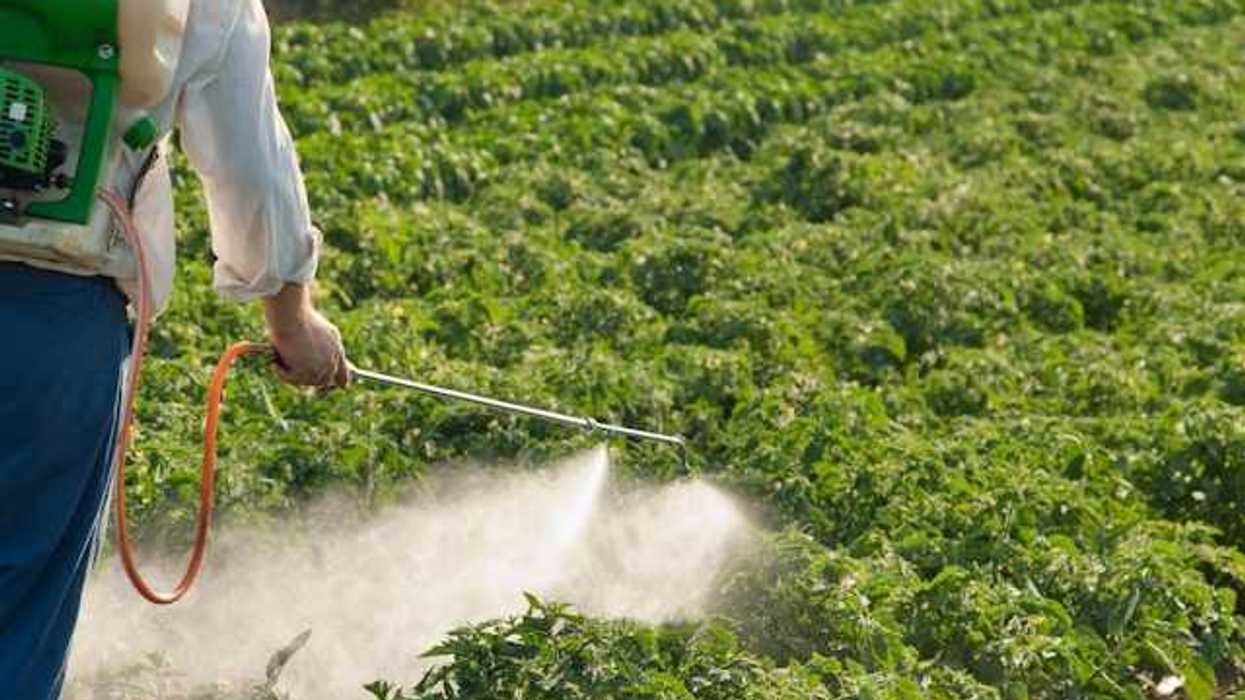Two Salisbury residents sued Perdue Agribusiness, accusing the company of illegally disposing of PFAS-contaminated waste that has seeped into local water supplies and exceeded federal safety limits.
Shannon Kelleher reports for The New Lede.
In short:
- The lawsuit, filed July 25 in federal court, alleges Perdue’s soybean facility violated the Resource Conservation and Recovery Act by dumping PFAS-laced waste into streams and storing it in lagoons that leach into groundwater.
- Testing found PFAS levels in groundwater near the facility up to 340 times higher than U.S. Environmental Protection Agency drinking water standards; more than 100 residential wells exceeded regulatory limits.
- Perdue says it is cooperating with state regulators, providing bottled water and filtration systems, and installing PFAS-free equipment, but plaintiffs say these measures fail to protect many affected homes.
Key quote:
“Perdue is prioritizing production and profit over the safety and health of this community. The people living here deserve better.”
— statement from law firm representing the plaintiffs
Why this matters:
PFAS, often called “forever chemicals,” accumulate in human blood and tissues and do not break down in the environment. Linked to cancers, thyroid disorders, and immune dysfunction, they have been detected in drinking water systems nationwide, especially near industrial and agricultural facilities. When groundwater becomes contaminated, residents reliant on private wells often face costly filtration or rely on bottled water, with few options for recourse. The scale of contamination around Salisbury illustrates the challenges rural communities face: Shallow aquifers spread pollution quickly, and oversight can lag for years. As research links low-level PFAS exposure to health effects, lawsuits like this highlight broader debates over corporate accountability and the adequacy of federal and state regulations.
Read more: Residents of Salisbury, Maryland confront PFAS pollution linked to Perdue plant














